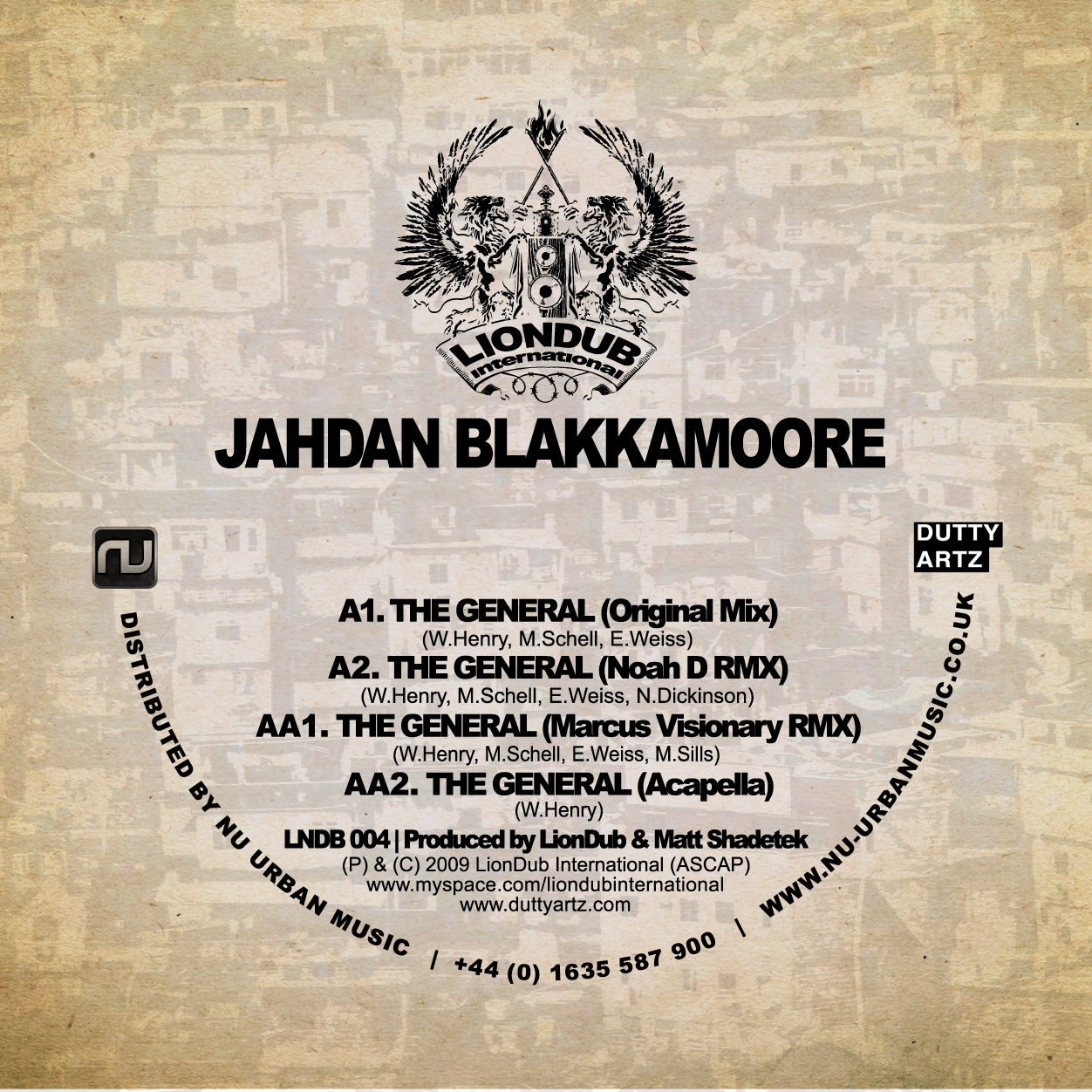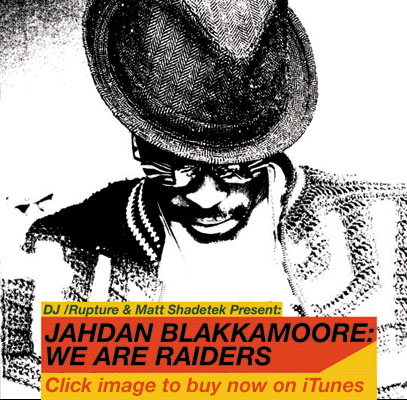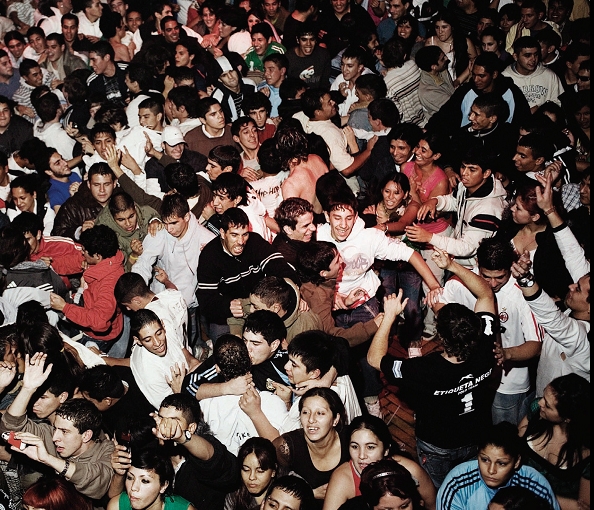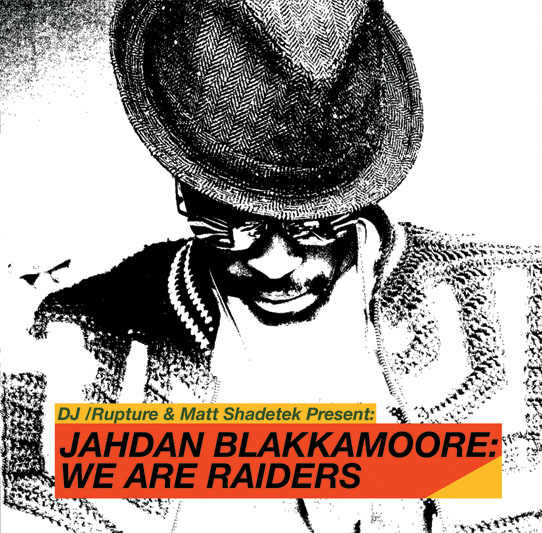19. The Spectacle is heir to all the weakness of the project of Western Philosophy… So far from realizing philosophy, the spectacle philosophizes reality, and turns the material life of everyone into a universe of speculation.

A platform is a context, medium or venue for the presentation of people, events, objects or information. An art gallery is a platform, as is a radio show, as is a TV variety show, as is a magazine, as is a certain kind of website (YouTube, Flickr, MySpace). One who invents a platform and works actively with it as a medium for the presentation of others is a “platformist.†The platformist is a kind of artist—an artist at presenting others. This presentation of others—of all the world’s variety, whether it’s people or objects—is the territory of the producer, the impresario and the collector. Platforming as a conscious pursuit is a fairly recent development in our evolution. We look to P. T. Barnum for its roots.
If in the 16th century “printing… helped to fix the vernacular languages and encouraged the development of national literaturesâ€- then is the fear of a homogenizing effect on thought and culture not be feared as a result of the internet?…One fact must not be lost sight of: the printer and the bookseller worked above all and from the beginning for profit.
VII. For the critic, his colleagues are the higher authority. Not the public. Still less, posterity.///The survival of artworks should be represented from the standpoint of their struggle for existence.///[youtube]http://www.youtube.com/watch?v=3VrogNec03Y&feature=channel_page[/youtube] ///I sense (false?) that my internet consumption is somehow constituting myself. Maybe this is because the data flow that defines my consumption is so easily tracked and knowable. Meaning there is a specific history and cache that I can look to that says that in the last tracking period, I have visited XYZ and in most cases anyone else with an internet connection could take that list and exactly follow my path. The imperative of societies of control is data accumulation, and manipulation. The dark paradox is that increasingly, users submit this data themselves. When we talk of the ideology of late stage capitalism and its tendency towards reducing people to things, and causing individuals to also perform this reduction, we should look to digital representation as the strongest evidence yet in proving these tendencies. What users often don’t seem to realize is that “submitting data,†making yourself traceable, reducible, a most importantly predictable isn’t just about representation that mirrors offline ways of knowing. Posting photos of yourself, or submitting your interests and sending your friends youtube links is really only the visible aspect of systems of total control and dominance that underpin that vast consumptive possibilities of the internet.///I don’t think the internet reinvents cultural production. More likely it has merely hypertrophied some aspects, while allowing other to wither.
Space + Place Overcome- but if you havn’t gone a/post-spatial yet
and find yourself somewhere around NYC (copy/paste)
Tuesday, December 16th, 6:30 pm EFA Project Space
Jeff Stark leads a conversation with Graffiti Research Lab’s James Powderly, the Mare Liberum collective, Jeanine Oleson, and Cḥen Tamir, exploring the rationale, responsibilities, risks and benefits of forms of artistic expression that occur outside of the boundaries of the conventional art world, and how these creative forms—such as interference, prank, and viral culture—serve to continually redefine those boundaries. -The lecture is called DIY law breaking- but in some sense i wonder if all law breaking is DIY- but maybe not
























